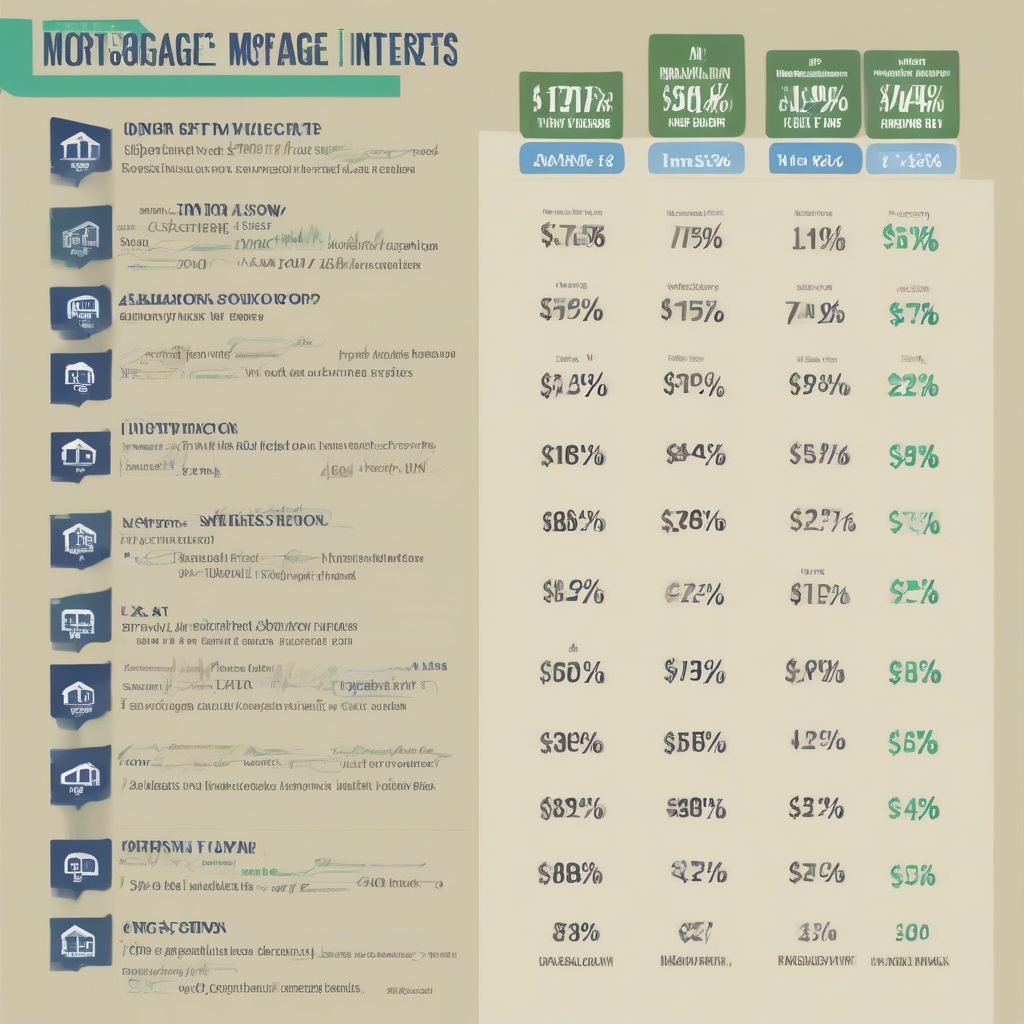In today’s competitive housing market, finding the right mortgage lender can be a daunting task. Whether you’re a first-time homebuyer, looking to refinance your current mortgage, or seeking financing for a new property, understanding your options is crucial. Searching for “Mortgage Lending Near Me” is a popular starting point, but what factors should you consider beyond proximity? This comprehensive guide will explore the ins and outs of mortgage lending, empower you with the knowledge to make informed decisions, and connect you with the best local lenders for your needs.
Understanding Mortgage Lending
A mortgage loan is a type of secured loan used to finance a property purchase. The property itself acts as collateral, meaning the lender can foreclose on it if you default on your payments. Mortgage lending involves various players, including:
- Mortgage Lenders: These are financial institutions that provide mortgage loans. They can be banks, credit unions, or specialized mortgage companies.
- Mortgage Brokers: Mortgage brokers act as intermediaries, connecting borrowers with lenders. They don’t lend money directly but present you with loan options from various lenders.
- Borrowers: Individuals or entities seeking a mortgage to purchase or refinance a property.
Why Choose a Local Mortgage Lender?
While online lenders offer convenience, there are distinct advantages to working with a lender in your local area:
- Personalized Service: Local lenders often prioritize face-to-face interactions and build relationships with borrowers, providing personalized advice and guidance throughout the loan process.
- Community Knowledge: Local lenders possess invaluable insights into the local real estate market, neighborhood trends, and property values, which can be immensely beneficial during the loan application and approval process.
- Faster Closing Times: Working with a local lender can sometimes lead to faster closing times, as they are familiar with local regulations and procedures.
Finding Mortgage Lenders Near You
When searching for “mortgage lending near me,” consider the following factors to narrow down your options and find the best fit:
1. Types of Mortgage Lenders
- Banks: Offer a wide array of financial products, including mortgages. They can be a good option for borrowers seeking convenience and established financial institutions.
- Credit Unions: Member-owned financial institutions that may offer more competitive interest rates and personalized service than traditional banks.
- Mortgage Companies: Specialize exclusively in mortgage lending, offering a diverse range of loan products and expertise in the mortgage industry.
2. Loan Options
Different lenders offer various loan products to cater to diverse needs:
- Conventional Loans: The most common type of mortgage loan, typically requiring a good credit score and down payment.
- FHA Loans: Backed by the Federal Housing Administration, FHA loans are designed for borrowers with lower credit scores or smaller down payments.
- VA Loans: Guaranteed by the Department of Veterans Affairs, VA loans offer favorable terms to eligible veterans, active-duty military personnel, and surviving spouses.
- USDA Loans: Offered by the United States Department of Agriculture, USDA loans assist borrowers in rural areas with low to moderate income.
3. Interest Rates and Fees
Compare interest rates, loan origination fees, closing costs, and other associated expenses from different lenders to secure the most competitive loan terms.
 Mortgage Interest Rate Comparison
Mortgage Interest Rate Comparison
4. Customer Reviews and Reputation
Research online reviews, testimonials, and ratings from previous borrowers to gauge the lender’s reputation for customer service, transparency, and overall satisfaction.
Common Questions About Mortgage Lending
What Credit Score Do I Need for a Mortgage?
The minimum credit score requirement varies depending on the loan type and lender. Generally, a credit score of 620 or higher is desirable for conventional loans.
How Much Down Payment Do I Need?
Down payment requirements can range from 3% to 20% of the purchase price, depending on the loan program and lender.
How Long Does the Mortgage Process Take?
The mortgage process can take anywhere from a few weeks to several months, depending on factors such as loan type, lender efficiency, and the complexity of your financial situation.
What is an Escrow Account?
An escrow account is a separate account held by the lender to pay for property taxes, homeowners insurance, and other related expenses.
Making Informed Decisions
Securing a mortgage is a significant financial decision. Before committing to a lender, carefully review all loan documents, understand the terms and conditions, and ask questions to clarify any uncertainties. Don’t hesitate to seek guidance from a financial advisor or housing counselor to ensure you make the best choices for your circumstances.
Conclusion
Finding the right mortgage lender is crucial for a smooth and successful homebuying or refinancing experience. While searching for “mortgage lending near me” is a great starting point, remember to consider factors beyond proximity, such as loan options, interest rates, customer reviews, and lender reputation.
By arming yourself with the knowledge and resources provided in this guide, you can confidently navigate the mortgage lending landscape, connect with the best local lenders, and secure a mortgage that aligns with your financial goals and dreams. Remember, thorough research and asking the right questions are key to making informed decisions and achieving your homeownership aspirations.